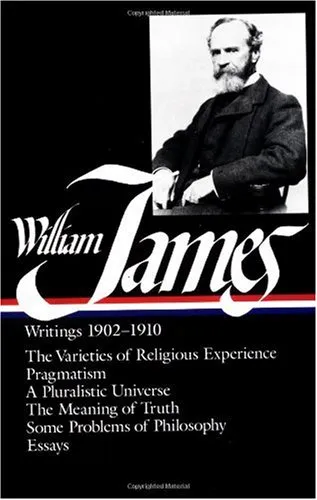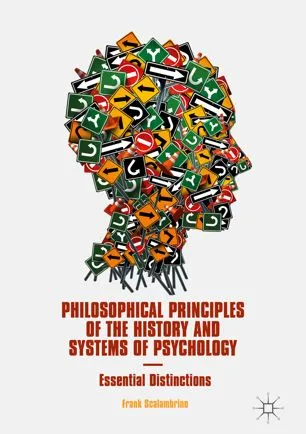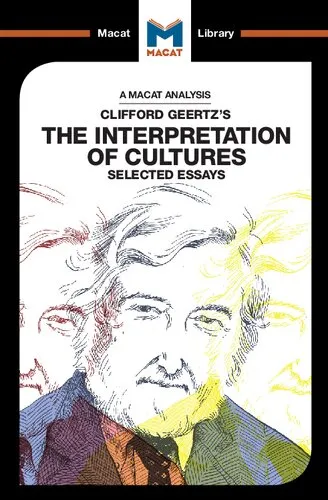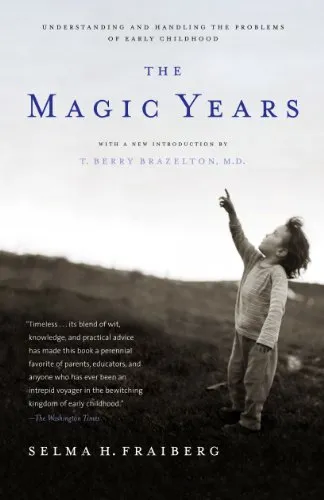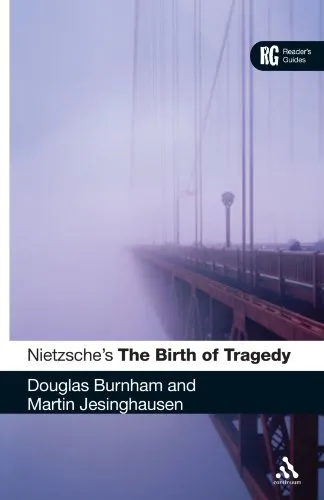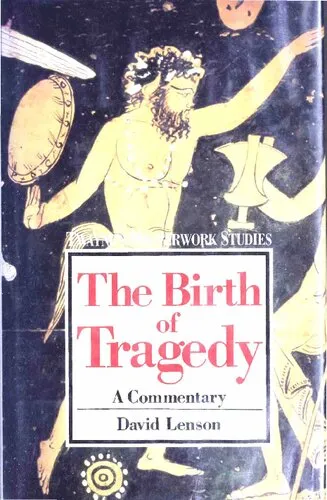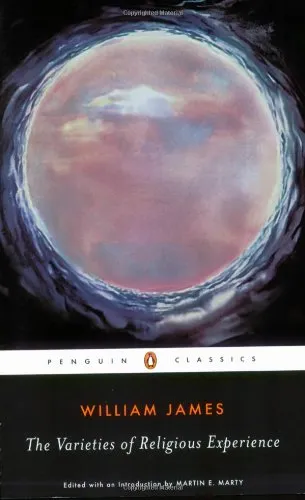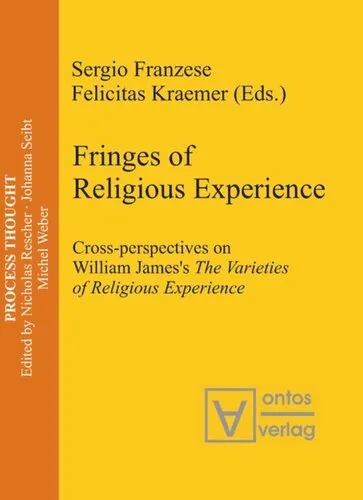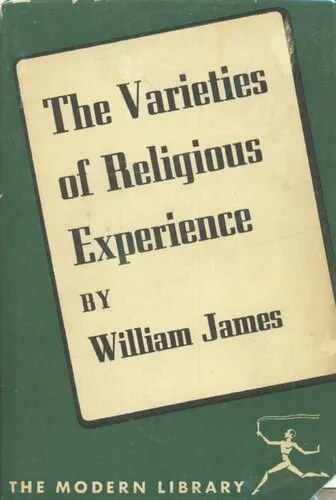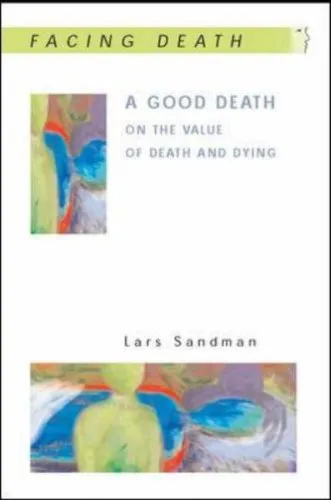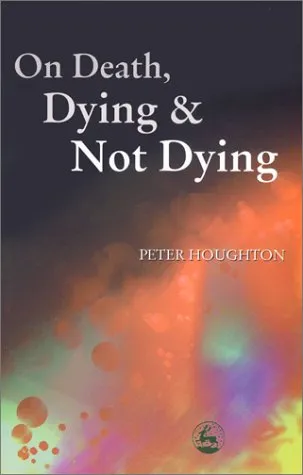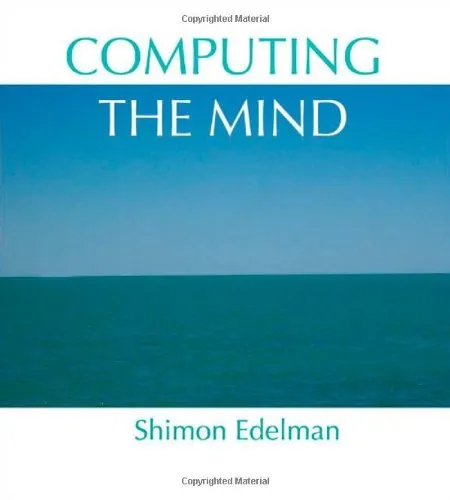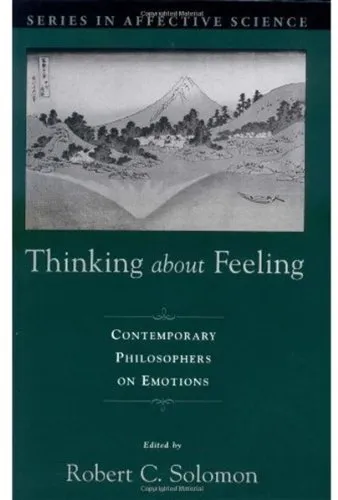William James : Writings 1902-1910 : The Varieties of Religious Experience Pragmatism A Pluralistic Universe The Meaning of Truth Some Problems of Philosophy Essays
4.7
Reviews from our users

You Can Ask your questions from this book's AI after Login
Each download or ask from book AI costs 2 points. To earn more free points, please visit the Points Guide Page and complete some valuable actions.Related Refrences:
William James' "Writings 1902-1910" is a compilation of profound philosophical and psychological works that capture the breadth and depth of James's intellectual pursuits at the turn of the 20th century. This anthology offers readers a comprehensive view of his exploration into religious experience, pragmatism, pluralism, and the nature of truth, making it an essential read for those interested in understanding the evolution of modern philosophical thought.
Detailed Summary of the Book
James's writings from this period begin with "The Varieties of Religious Experience" (1902), where he embarks on an investigation into the psychological underpinnings of religious life. This work stands out for its empirical approach to spirituality, examining personal accounts to understand the diversity and significance of religious experiences. It serves as a bridge between psychology and philosophy, opening new dialogues on the topic.
"Pragmatism" (1907) follows, presenting James's approach to philosophy that emphasizes practical consequences and real-world applications of thought. Rejecting the abstraction of existing schools of philosophy, James argues for the enhancement of truth through practical effects, making this a foundational text in American pragmatism.
In "A Pluralistic Universe" (1909), James challenges monism, arguing for a more fragmented, diverse, and dynamic understanding of reality. This work underscores the limitations of a unitary universe, promoting a viewpoint that embraces the multifaceted nature of existence.
"The Meaning of Truth" (1909) expands on the ideas presented in "Pragmatism," examining the nature of truth and its construction through human engagements and interactions. Here, James asserts that truth is not a stagnant entity but evolves through human inquiry and practical experiences.
His lesser-known work, "Some Problems of Philosophy," published posthumously in 1911, seeks to address fundamental philosophical questions and bridge philosophy with the human experience, emphasizing active engagement with philosophical problems.
The collection culminates in various essays that offer insight into James's reflections on society, ethics, and the human condition. These essays provide a candid look into his evolving thoughts during an era of rapid intellectual development.
Key Takeaways
- The exploration of religious experiences extends beyond rigid theological doctrines, highlighting the diversity and personal nature of spiritual life.
- Pragmatism is more than a philosophical theory; it is a method for determining truth and meaning through the effects of beliefs on real-world applications.
- A pluralistic approach to the universe acknowledges the complexity, unpredictability, and richness of existence, challenging monistic perspectives.
- Truth is not absolute and can be shaped by experiences, beliefs, and interactions, evolving with understanding and context.
- Philosophy should be engaged, dynamic, and applicable, serving as a tool for addressing genuine human concerns.
Famous Quotes from the Book
"The greatest discovery of my generation is that a human being can alter his life by altering his attitudes."
"Belief creates the actual fact."
"The art of being wise is the art of knowing what to overlook."
Why This Book Matters
James's writings from 1902 to 1910 are pivotal in shaping contemporary thought and offer an intellectual toolbox that remains relevant today. His pragmatic approach and pluralistic outlook provide a flexible framework for understanding truth and existence, catering to the complexities of modern life. This collection is a testament to James's enduring influence on psychology, philosophy, and religious studies, challenging readers to reevaluate their assumptions and embrace a more nuanced perspective on reality. As both a historical document and a practical guide, "Writings 1902-1910" continues to inspire and provoke thought across diverse academic and cultural landscapes.
Free Direct Download
You Can Download this book after Login
Accessing books through legal platforms and public libraries not only supports the rights of authors and publishers but also contributes to the sustainability of reading culture. Before downloading, please take a moment to consider these options.
Find this book on other platforms:
WorldCat helps you find books in libraries worldwide.
See ratings, reviews, and discussions on Goodreads.
Find and buy rare or used books on AbeBooks.
1469
بازدید4.7
امتیاز0
نظر98%
رضایتReviews:
4.7
Based on 0 users review
Questions & Answers
Ask questions about this book or help others by answering
No questions yet. Be the first to ask!
